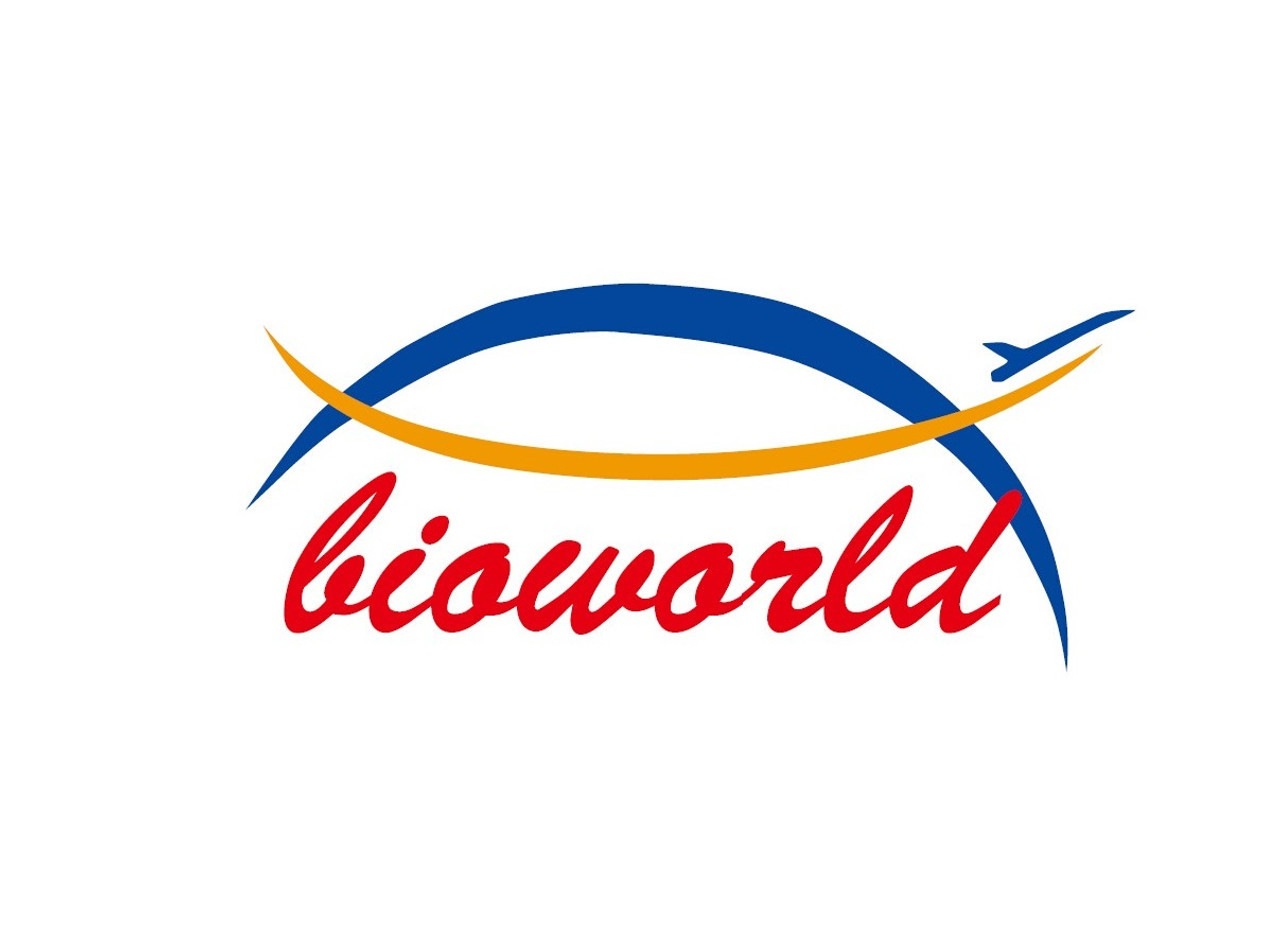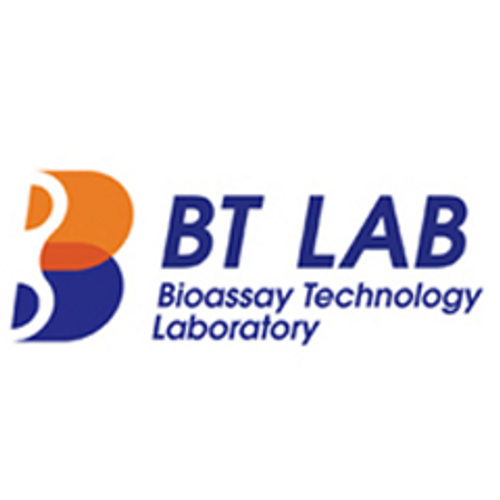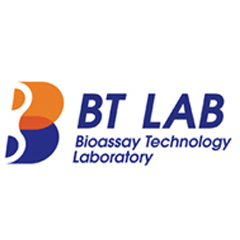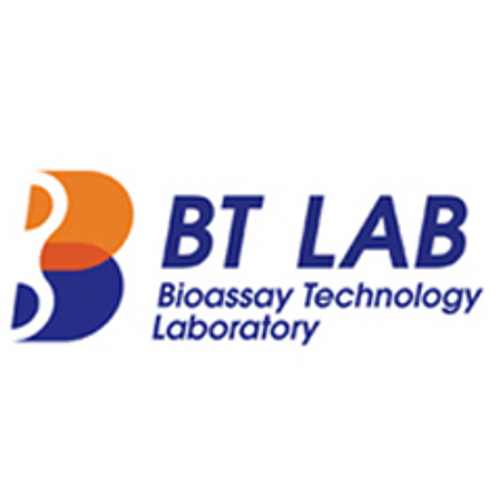Product Description
c-Src (phospho-S75) polyclonal Antibody | BS4674 | Bioworld
Host: Rabbit
Reactivity: Human,Mouse,Rat
Application: WB
Application Range: WB: 1:500~1:1000
Background: The major translational products of each of the eight members of the Src gene family identified to date are membrane-associated tyrosine protein kinases that lack transmembrane and external amino acid sequences, thereby distinguishing this group from the receptor class of tyrosine kinases. Members of this group include c-Src, c-Yes, Fyn, Lck, Lyn, Blk and c-Fgr. The major Src gene encoded protein, c-Src (also designated pp60Src, Src p60 and proto-oncogene tyrosine protein kinase Src) is expressed in a broad range of tissue and cell types, although the highest levels of c-Src are detected in neuronal tissues and platelets. c-Src may play a role in events associated with both neuronal differentiation and maintenance of mature neuronal cell functions.
Storage & Stability: Store at 4°C short term. Aliquot and store at -20°C long term. Avoid freeze-thaw cycles.
Specificity: p-Src (S75) polyclonal Antibody detects endogenous levels of Src protein when phosphorylated at Ser75.
Molecular Weight: ~ 60 kDa
Note: For research use only, not for use in diagnostic procedure.
Alternative Names: Proto-oncogene tyrosine-protein kinase Src; 2.7.10.2; Proto-oncogene c-Src; pp60c-src; p60-Src; SRC1; SRC
Immunogen: Synthetic phosphopeptide derived from human c-Src around the phosphorylation site of Serine 75.
Conjugate: Unconjugated
Modification: Phosphorylation
Purification & Purity: The Antibody was affinity-purified from rabbit antiserum by affinity-chromatography using epitope-specific immunogen and the purity is > 95% (by SDS-PAGE) .
Pathway: Regulation of Actin Dynamics,Tumor Angiogenesis,Regulation of Microtubule Dynamics,Inhibition of Apoptosis,G Protein-coupled Receptors Signaling to MAPK Erk,
 Euro
Euro
 USD
USD
 British Pound
British Pound
 NULL
NULL








